Don’t Ignore the Big, Fat Transportation Warning Sign
Tony Sagami
The more the stock market falls, the more hate mail I get… almost like I’m the source of the stock market’s problems. Maybe there is some type of market-timing signal buried in the volume of the hate mail I receive.
[NOTE: Please feel free to leave your comments—good and bad—in the discussion forum at the end of the column.]
But all I really do in this column is try to highlight the connection between multiple sources of economic and business data to show you what is really going on with the US economy.
And one of the clearest sets of connecting dots I see today is the collision course that transportation stocks are on.
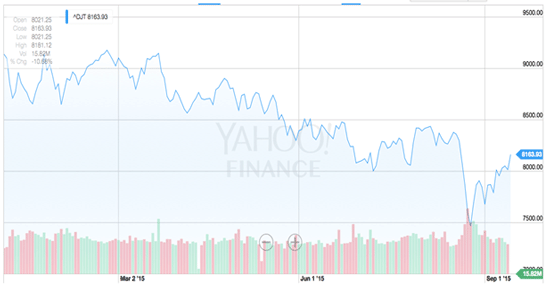
Not all is well in the transportation sector; the Dow Jones Transportation Average (DJT) started the year at 9,139 and closed at 8,163 on September 15, a 10.6% loss for the year.
By comparison, the S&P 500 is down 3.8% during the same time, so the DJT has dropped almost 3 times as much.
That weak relative performance is your first clue, but there are plenty of other clues (dots) that explain why transportation stocks are doing so poorly.
Dot #1: China Freight Rates Plunge. The China Containerized Freight Index (CCFI) tracks the rates for shipping containers from Chinese ports to major ports around the world. The CCFI dropped to 820.9 last week, is 22% below where it was in February, and 18% below where it was in 1998 when the index was created.
Rates to the US have dropped the most. Rates from Shanghai to the US West Coast ports are down 33%, and the rates to East Coast ports are down 41%.
Dot #2: Air Cargo Volume Shrinks. Container ships are just one transportation option. What about trucks, rails, and airplanes?
According to the International Air Transport Association (IATA), global air freight was down 0.7% in July from a year ago.
"The disappointing July freight performance is symptomatic of a broader slowdown in economic growth," IATA Director General Tony Tyler said.
Dot #3: Asian Air Freight Is Even Worse. The Association of Asia Pacific Airlines (AAPA) echoed that slowdown by reporting a year-over-year drop of 1.8% in international air cargo across the region in July.
“Air cargo demand began the year quite strongly but has lost momentum as a result of a slowdown in global trade and weaker demand for Asian exports,” said Andrew Herdman of AAPA.
Dot #4: Less Freight, Less Demand for Airplanes. Nippon Cargo Airlines, Japan's biggest cargo carrier, canceled a $1.5 billion order for four 747-8F freighters from Boeing. Not passenger planes—cargo planes.
Dot #5: Don’t Forget About Truckers. The Cass Freight Index tracks North American trucking volume, and as you can see, the trucking business is definitely slowing down.
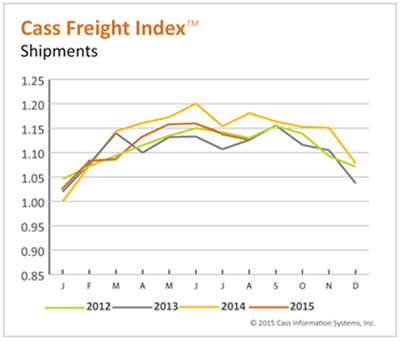
The number of freight shipments fell 1.2% in August on the heels of another 1.2% percent drop in July.
The August decline is a diversion from the normal pattern seen at this time of year. Generally, retailers are stocking up for fall sales, so the August drop is a big red flag.
Dot #6: Read the Fine Print. The Bureau of Labor Statistics (BLS) released its Producer Price Index numbers for last week and showed that wholesale prices were up by +0.2% in August.
A 0.2% gain isn’t much, but at least it is positive… but hold on. The index for final demand of transportation and warehousing services dropped 0.7% in August.
The BLS stated:
Prices for final demand services less trade, transportation, and warehousing moved up 0.2 percent. Conversely, the index for final demand transportation and warehousing services dropped 0.7 percent.
Final-demand numbers measure changes in margins received by shippers. That means not only are their profit margins shrinking—they are doing so in the face of a giant drop in the price of diesel fuel.
And those are the numbers from just last week!
Moreover, the discouraging transportation numbers aren’t new. Go back and read my July 14 column where I outlined my case for transportation stocks to move lower.
More importantly, I believe that the transportation industry provides an early canary-in-the-coal-mine warning signal for the rest of the US economy.
Call me a pessimist, a bear, or an idiot… but my personal portfolio and that of my Rational Bear subscribers are prepared to profit from falling stock prices.
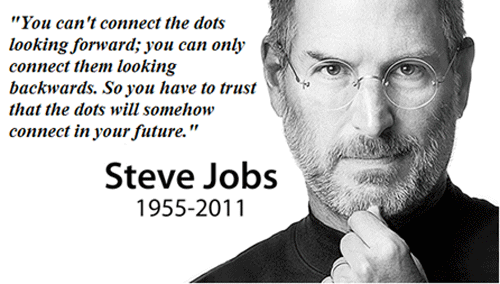
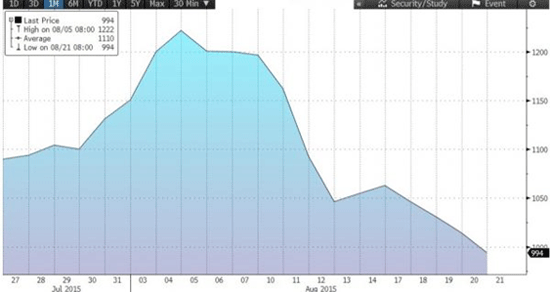
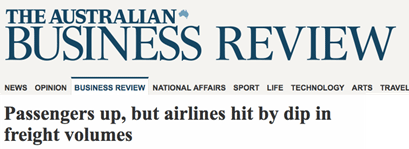

0 comments:
Publicar un comentario